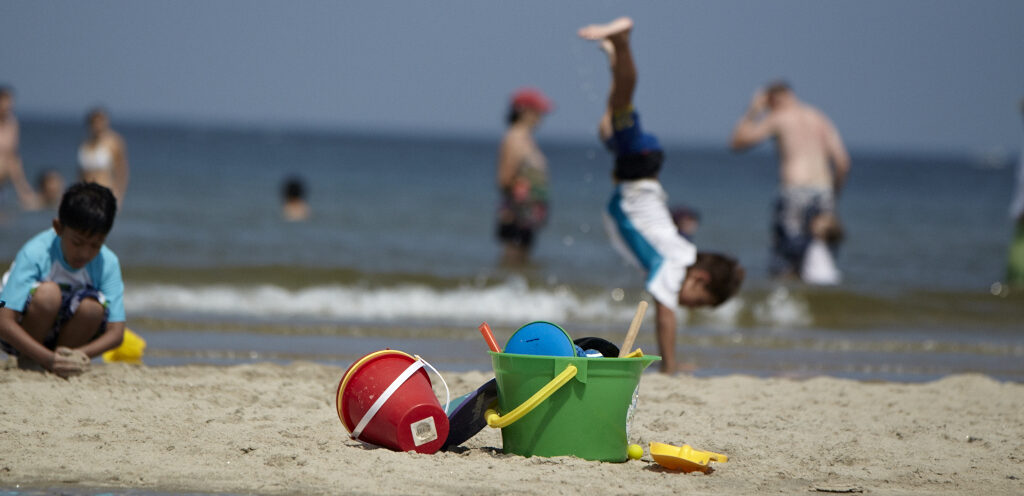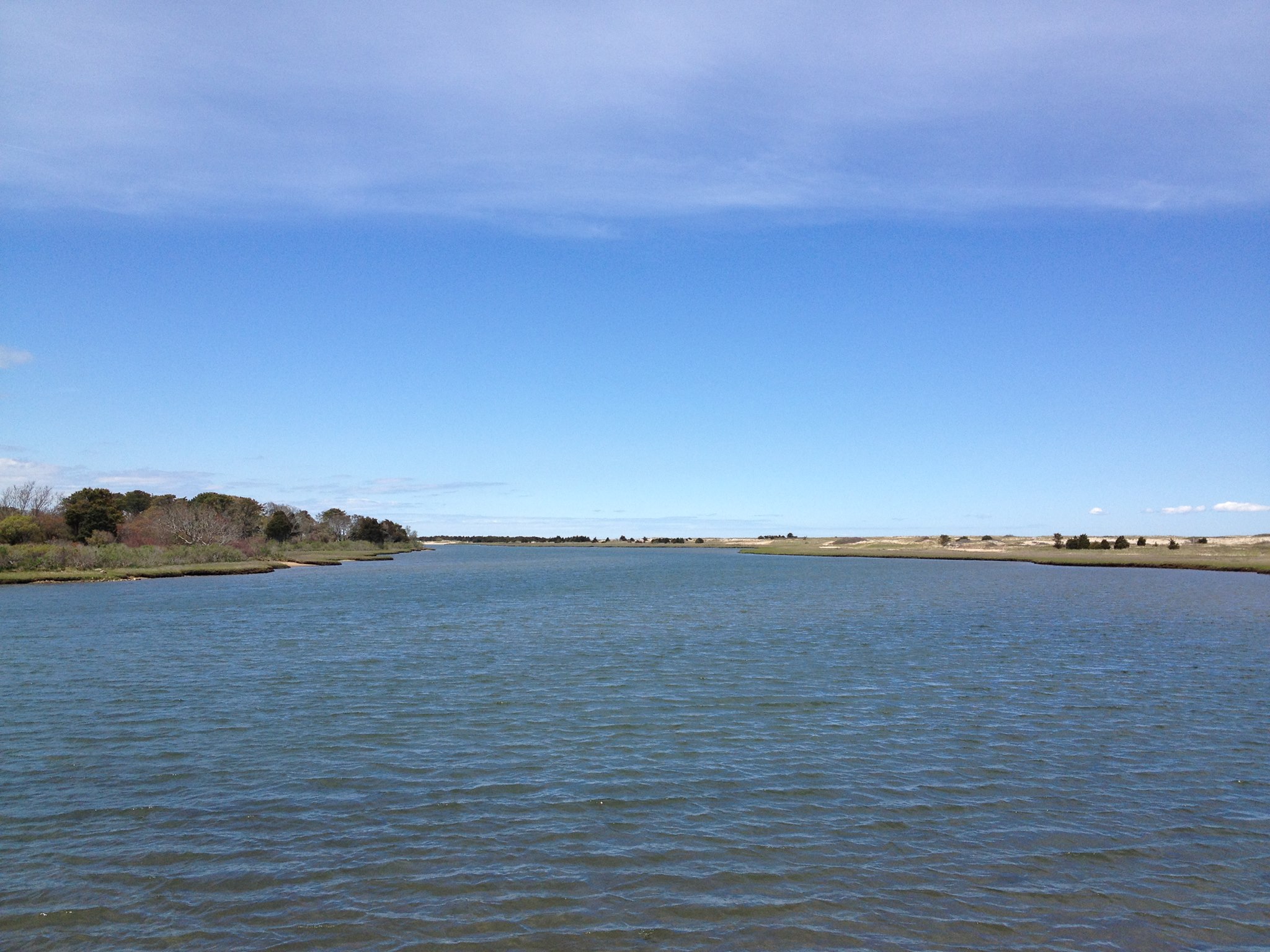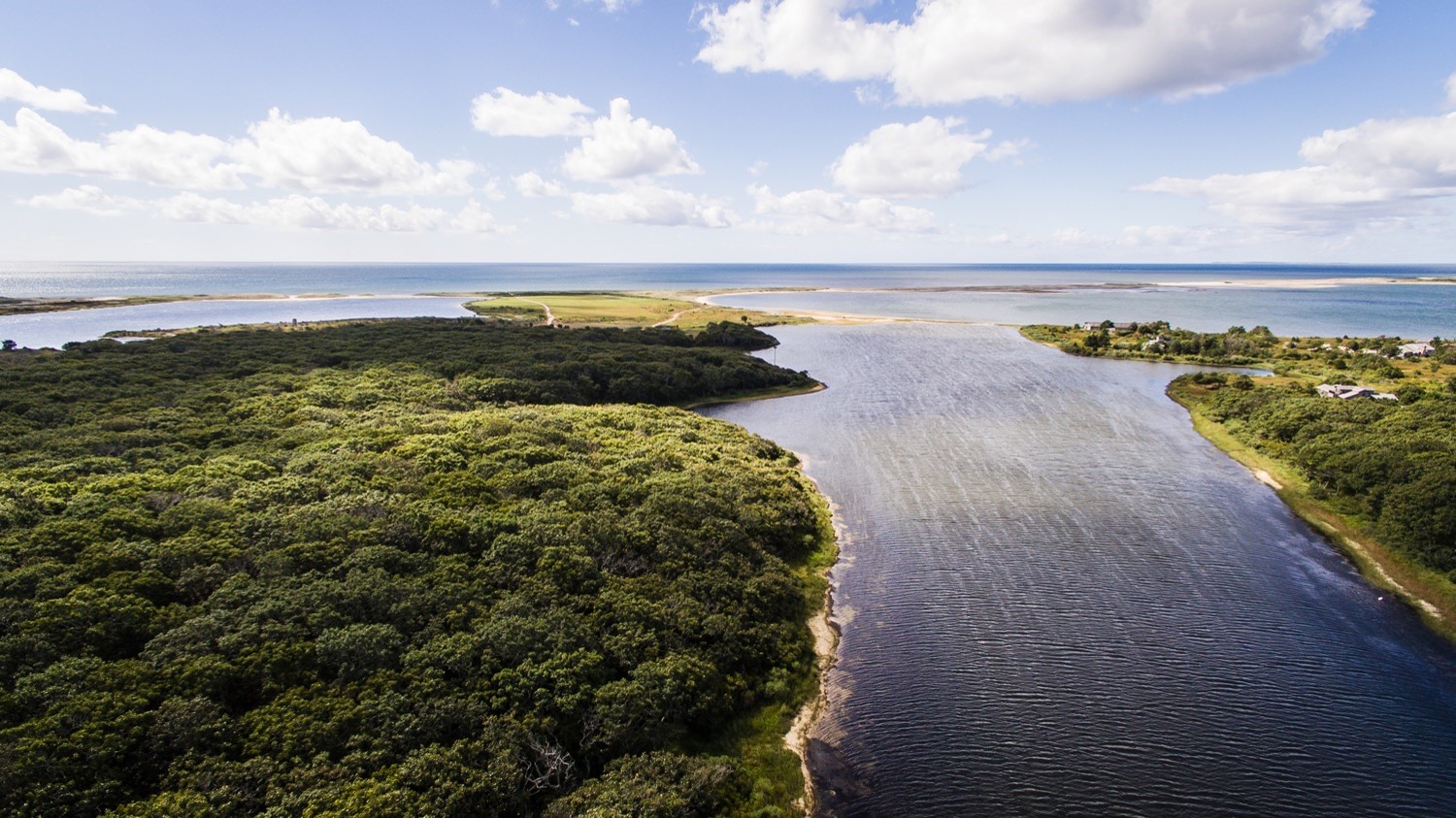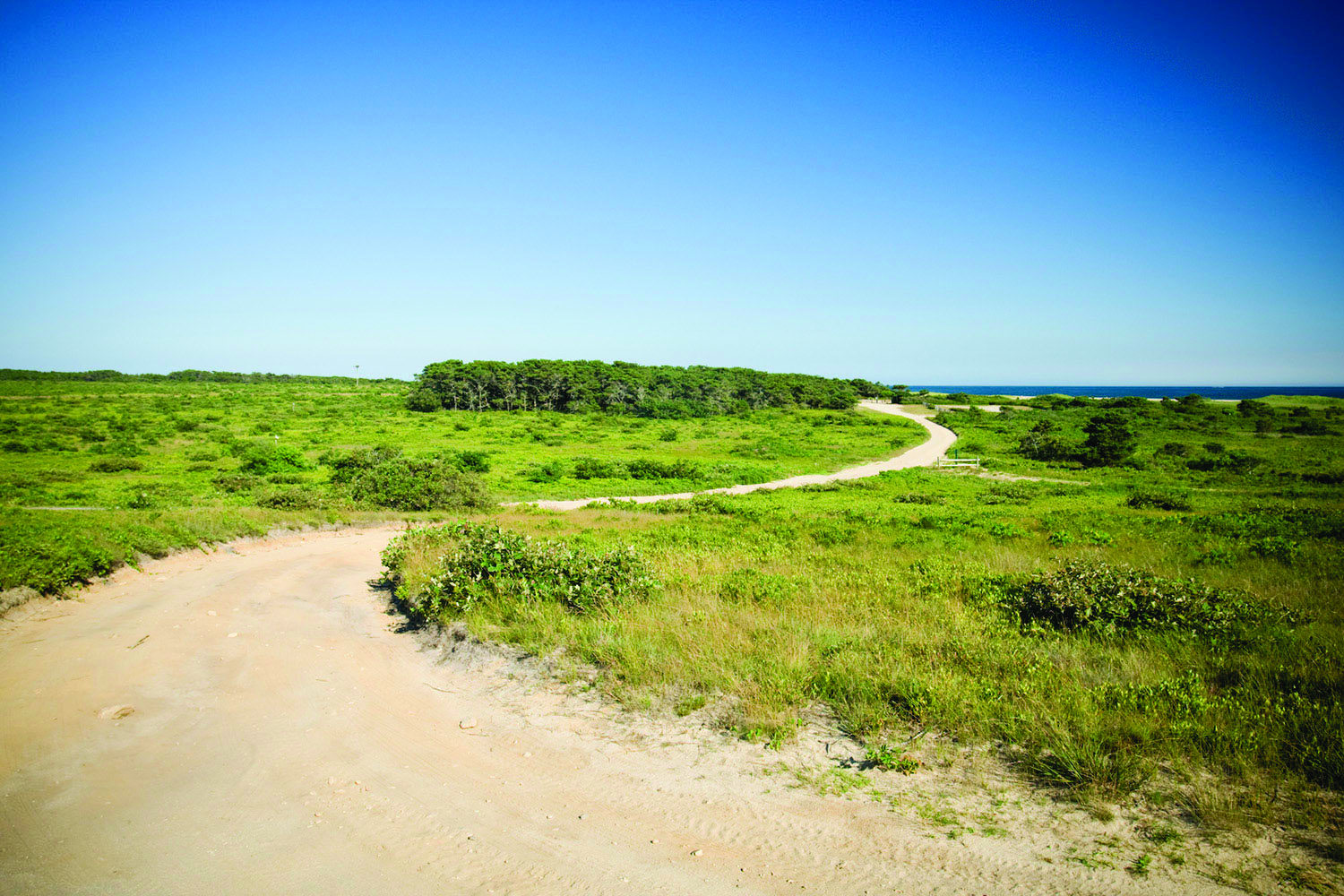“When I think about education at The Trustees, especially coastal education, I think it’s all about providing an opportunity for people to develop their own relationship with nature,” reflects Val Perini, Nature Engagement Manager at the Crane Estate in Ipswich & Essex. “We do that through allowing folks to delve into our coastal properties in a variety of ways—inspiring curiosity, creativity, exploration, and inquiry, to name a few.”
With more than 35 properties along the Commonwealth’s shores, The Trustees is welcoming visitors to learn on the coast. In total, the organization stewards and protects 120 miles of coastline in Massachusetts, spanning 25 different communities and representing 16% of all protected coastline in the state. Enjoyment is coupled with education in these special places, where programming thrives for all ages and abilities.
“It’s not just students and young people,” shares Perini. “Our educational programming and passive education opportunities reach all community members, providing an avenue for learning no matter your age. Education also happens in a variety of ways—from school field trips, to camp, to programs, and there are passive opportunities for casual visitors, as well. There are opportunities for learning and discovery any time you come to the coast.”
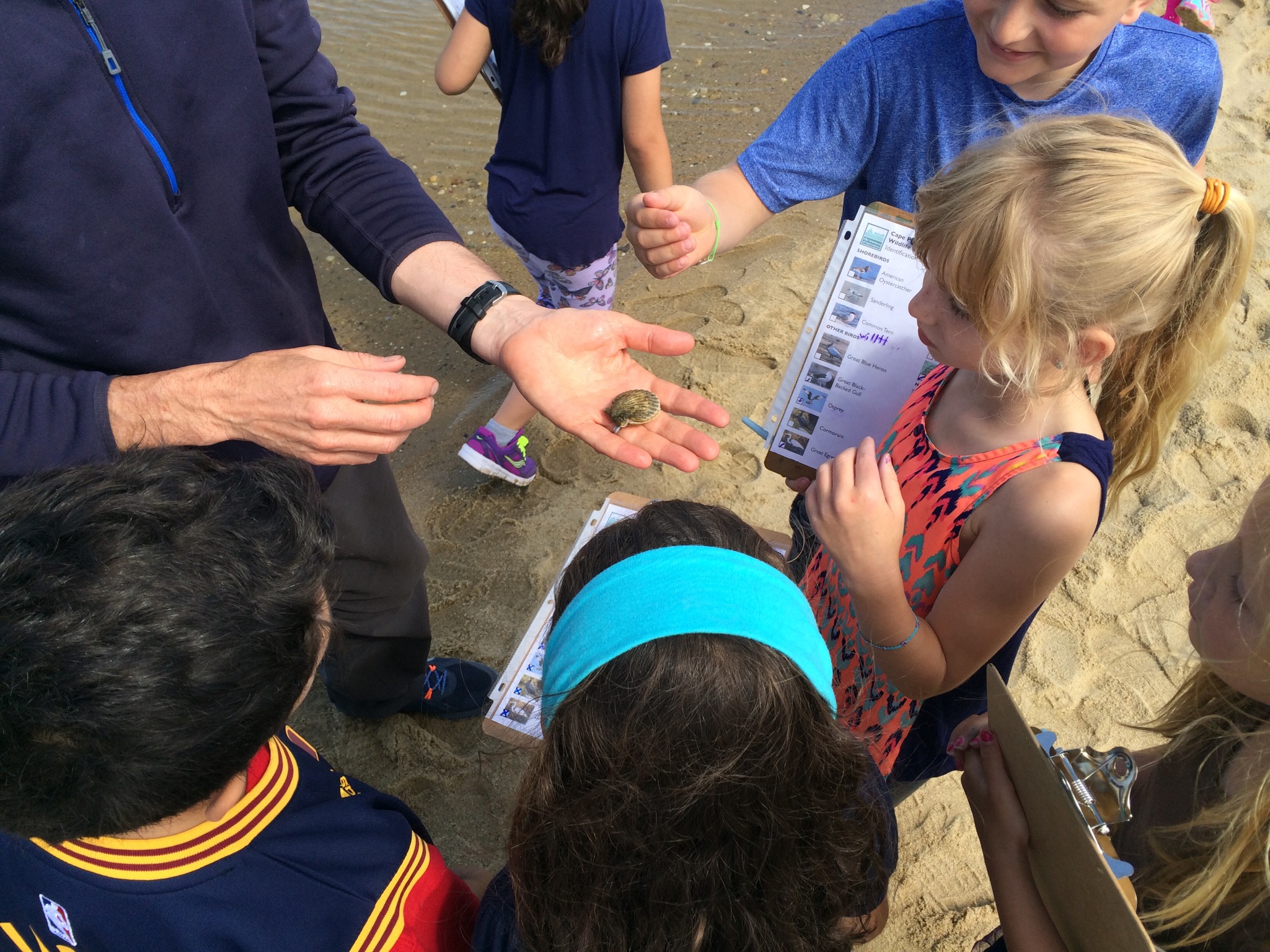
Second graders learn with Trustees staff at Cape Poge Wildlife Refuge
Nurturing young minds on Martha’s Vineyard
The Claire Saltonstall Education Program (CSEP), a Trustees fixture on Martha’s Vineyard, has been providing place-based education for Island schoolchildren for 32 years. Through CSEP’s education model, hands-on, experiential learning is emphasized, as students are encouraged to learn, explore, lead and problem-solve.
“CSEP is a wonderful resource that allows us to connect Island students to the world around them,” says Molly Peach Mayhew, Island Education Manager. “The program offers our youngest residents on Martha’s Vineyard an understanding of the place they call home and the chance to grow up with The Trustees, visiting our special places, gaining critical skills, and having fun in the process.”
Island second graders study erosion and weathering through hands-on activities in the classroom and venture out to Wasque to experience erosion first-hand. Trips to third-grade classrooms around the island teach kids that geology “rocks,” as they learn how a glacier formed the Vineyard. Fourth graders become coastal engineers, learning about climate change, rising sea levels, and how to design a resilient coastal landscape. Trips to Menemsha Hills and Long Point Wildlife Refuge follow these classroom lessons, as students apply their learning in the field.
“The Trustees has provided over three decades of place-based education through the CSEP on the Vineyard,” notes Mayhew. “I have seen the shift with island students as they become more attuned to climate change and coastal resiliency literacy. The information they are learning and how they are learning is a catalyst for future success in shaping the climate landscape and creates a real opportunity for continued interest in this field.”
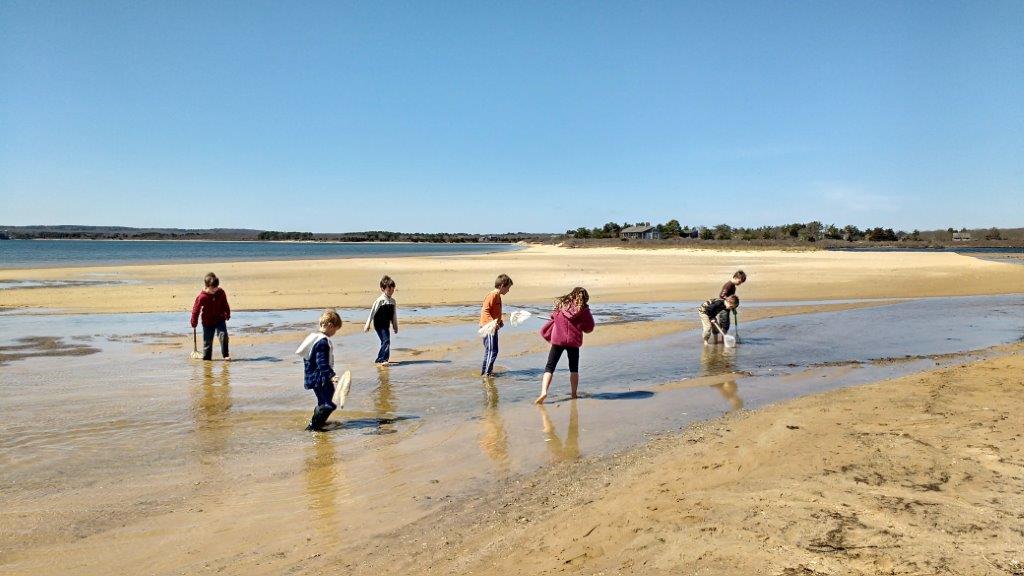
Students explore our coastal properties on Martha's Vineyard
Teens delve deeper into coastal issues with The Trustees
For students who want to stay involved, CSEP offers a Youth Coastal Ambassadors Program (YCAP) and an Environmental Training Internship program, both open to high school-aged students. YCAP runs during the school year—students take part in short training sessions and hands-on site work one Saturday each month to learn about ecology, the effects of climate change on coastal landscapes, and restoration and adaptation techniques.
The six-week Environmental Training Internship program occurs over the summer and provides each student an opportunity to rotate through practical experience areas, working closely with Trustees ecologists, stewards, and property staff.
One student, Henry, has returned to The Trustees this school year through a work-study program at Martha’s Vineyard Regional High School (MVRHS). Now a senior, Henry began his conservation work as a YCAP Ambassador, followed by a summer internship. He now spends time supporting our Vineyard staff in anticipation of his graduation and future career goals.
Job readiness is also reinforced through a collaboration with the Voyagers program out of MVRHS, for students ages 18-21 with disabilities. The Voyagers join Trustees staff weekly on properties, assisting on the farm, in the office, and on our beaches.
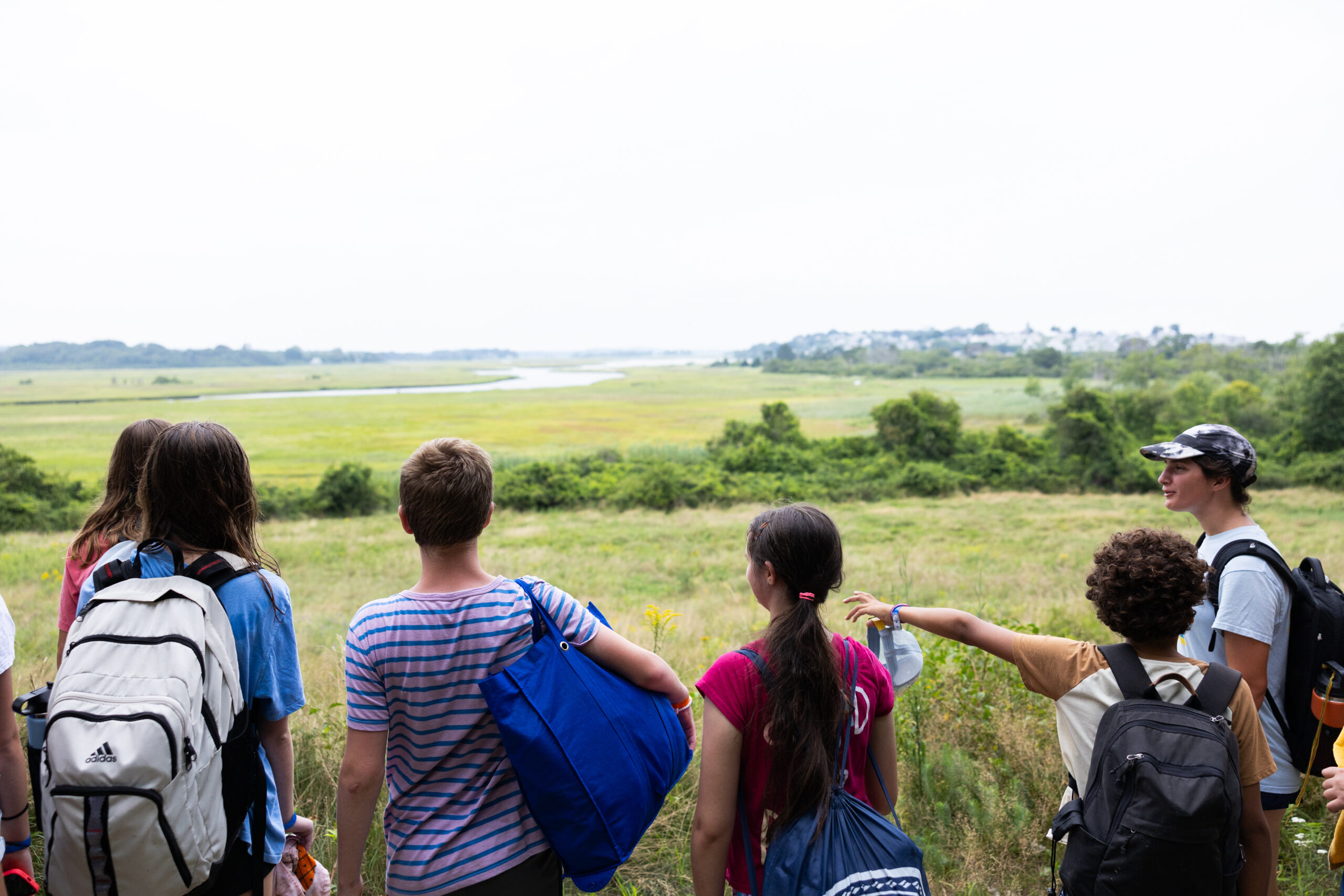
Campers at the Crane Estate
Growing into learning about the coast on the North Shore
At the Crane Estate, programs like Crane Explorers welcome some of our youngest and oldest visitors, nurturing a thirst for knowledge about the changing coast. “We’ve had three-year-olds on these programs and we’ve had grandparents, and we’ve had folks without kids who are just interested in the subject matter,” shares Perini. “What’s great about these programs is that everyone comes away having gained something new—a new experience, new knowledge, or more.”
The team at Crane also continues to nurture classroom learning, offering opportunities for educators to gain valuable professional development. In 2023, they offered an opportunity for middle and high-school teachers to collaborate with Trustees educators. At the training, Trustees staff and teachers focused on collaborative strategies including classroom-based learning and projects for students of all ages. Many of these learning opportunities will someday find a home in a new Coastal Education Center that is planned for the Crane Estate.
“Between camp, our weekend Crane Explorer programs, field trips, and our signature events like Choate Island Day, the idea is to be engaging people year-round,” notes Val. “You come to camp, and then you come to Choate Island Day with your family, and then you come on a Snowy Owl Prowl in the winter. We take great pride in providing opportunities for folks to learn here in different ways throughout the year.”
“The vibrant Crane coastal volunteer program offers opportunities for volunteers to help on education programs, gain training from coastal lectures and workshops, and serve as community scientists, collecting environmental data monitoring changes to the coastal habitats at Crane,” Perini adds.
“It’s inspiring to support learning beyond the classroom,” says Molly. The Trustees is proud to be able to offer experiences that spark joy for learners. From summer camps, to programming, to passive visitation, the organization’s coastal teams are eager to share their knowledge with all who visit.
To learn more about opportunities to learn along the 120 miles of Trustees coast, visit thetrustees.org/coast.



